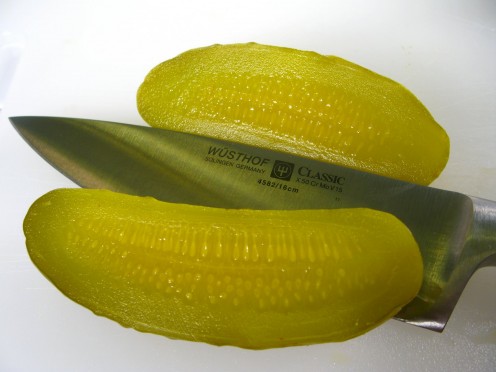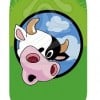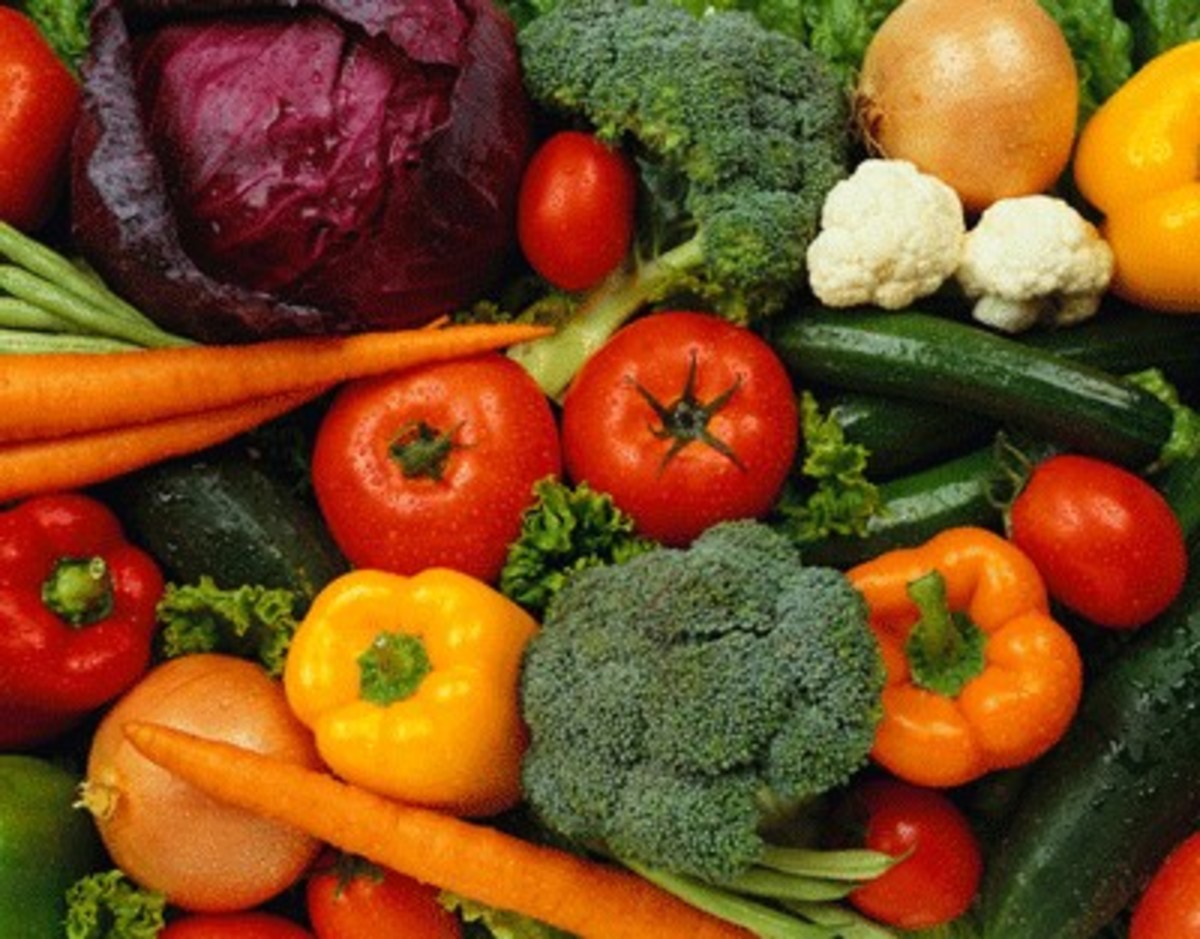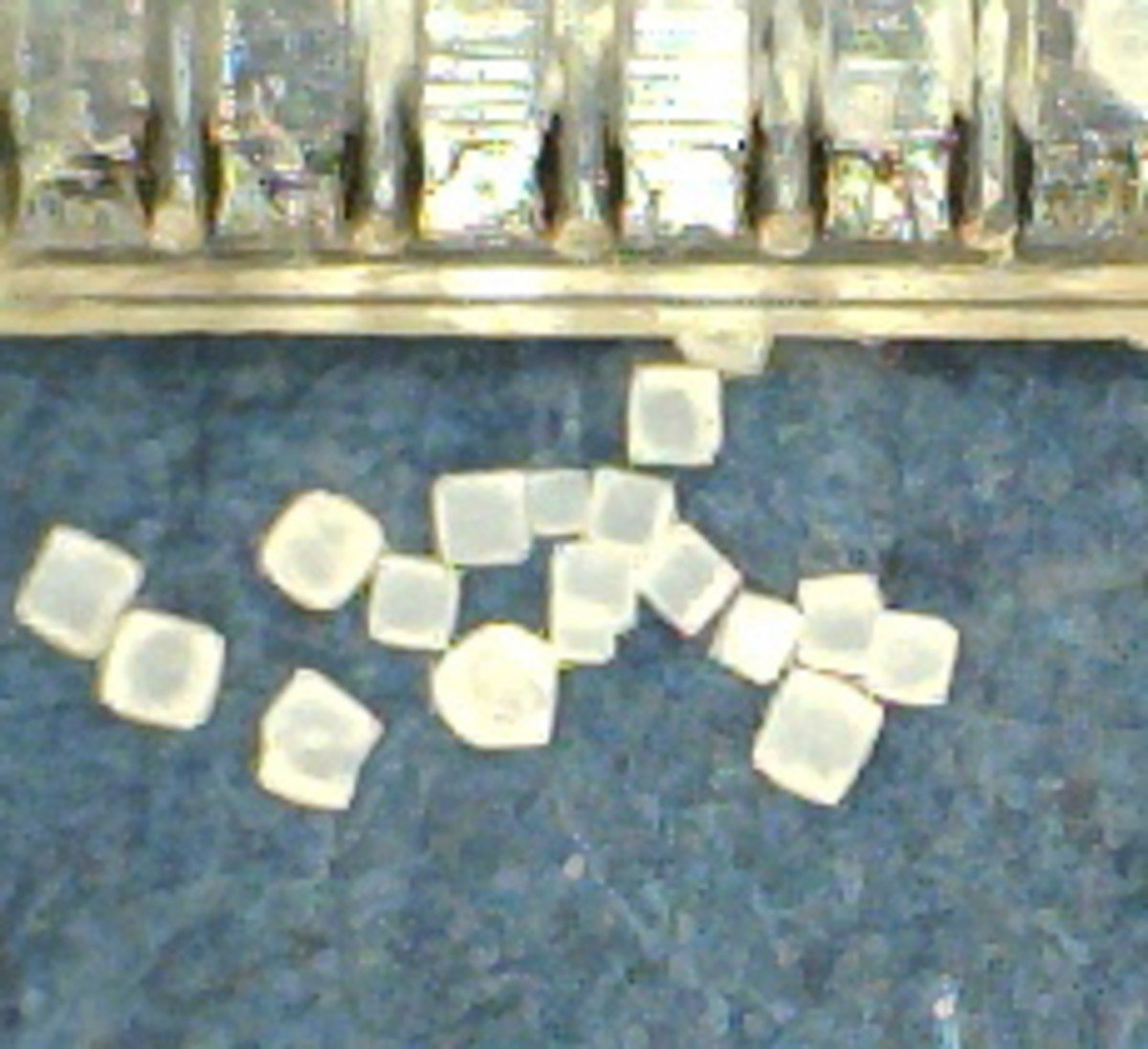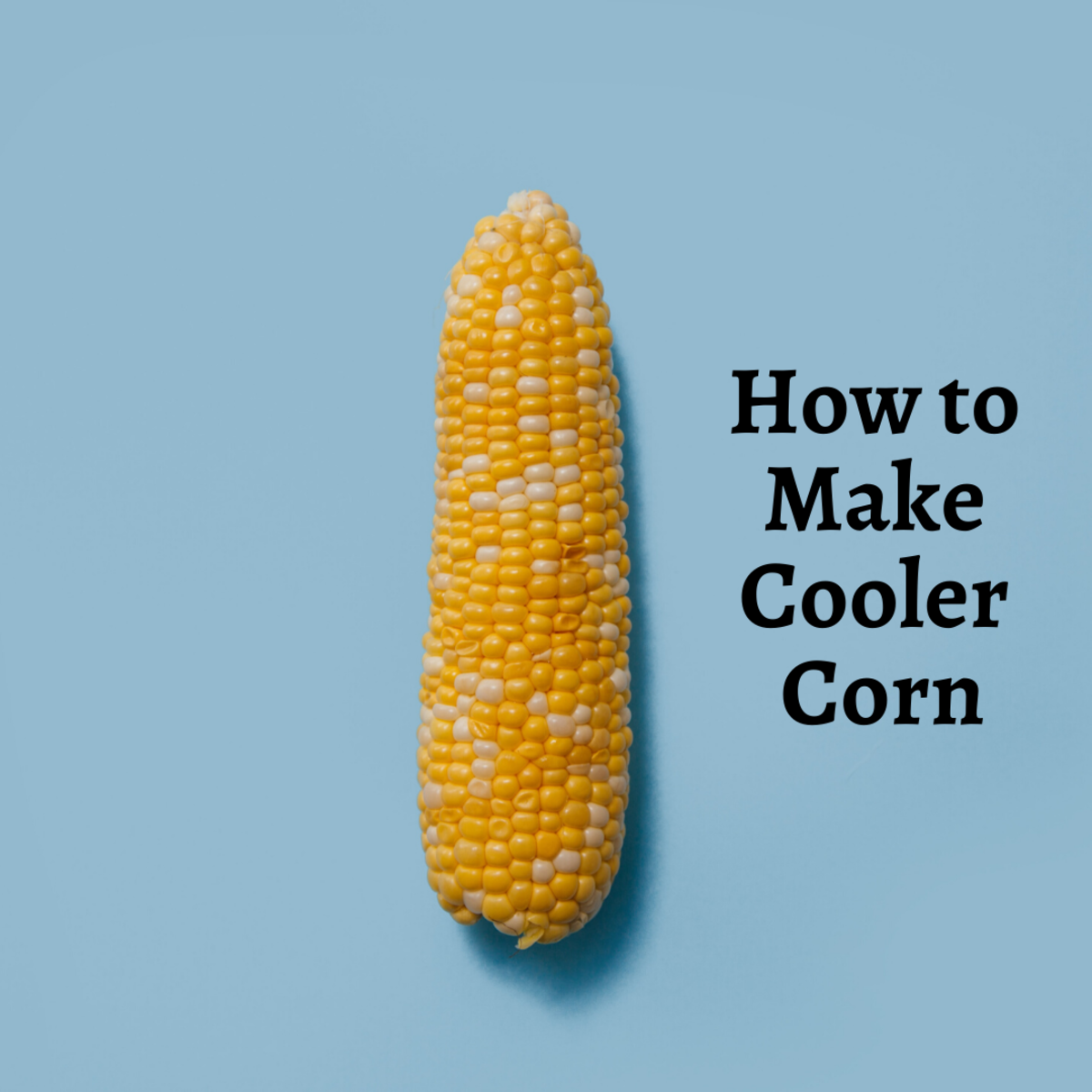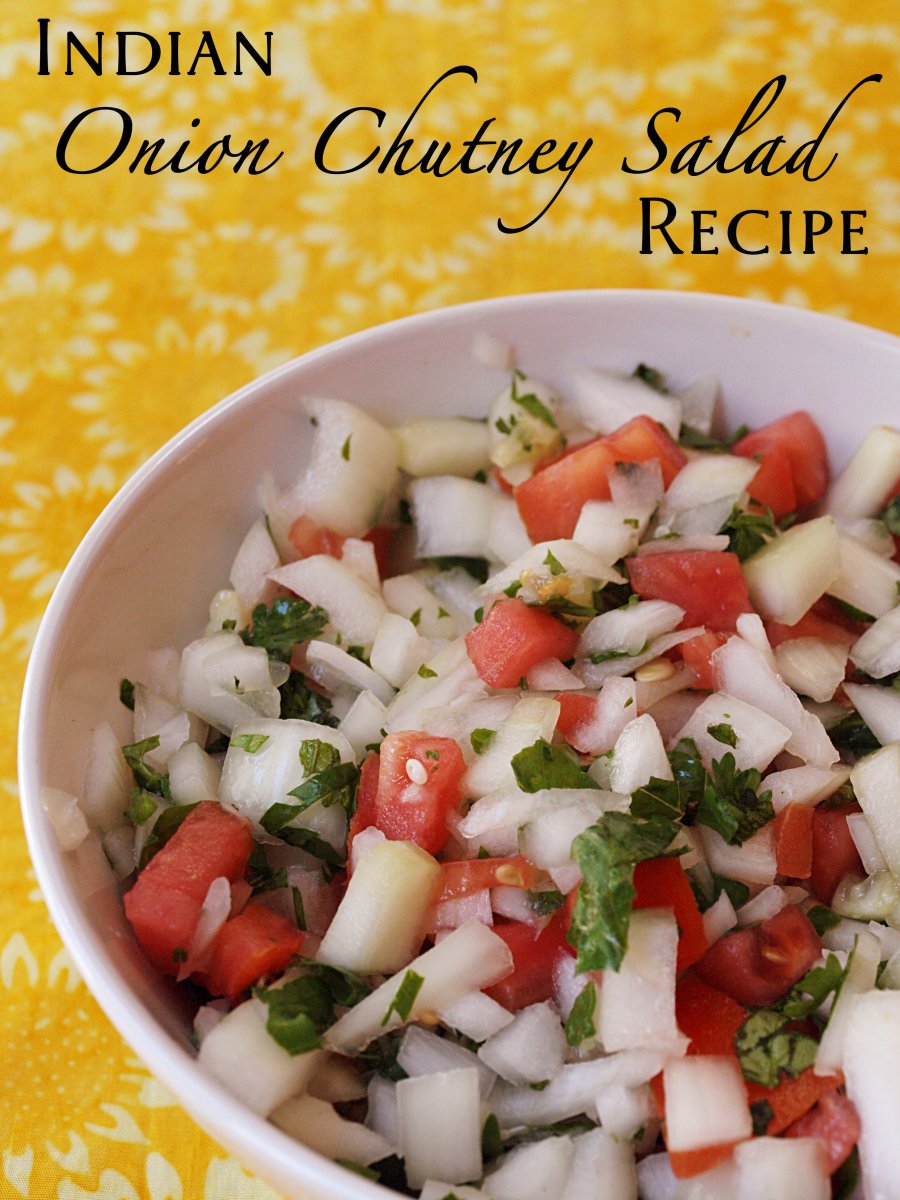The Hub That Time Forgot - "Let's Halt The Salt"
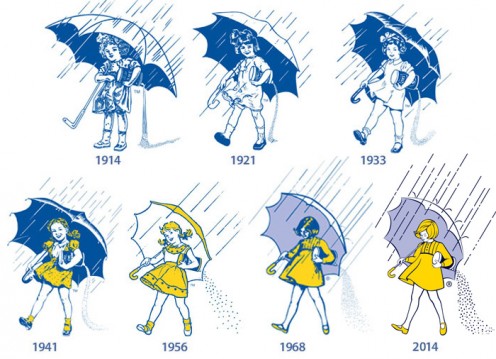
Salt is a chemical compound made of sodium and chloride which has been very important to us for thousands of years. As far back as 6050 BC salt has played an important part in our lives, and was in general use long before history was ever recorded. Salt can be found in many Biblical references, and is used as a metaphor in the Bible. There are 32 different references to salt in the Bible, with the most familiar being the story of Lot’s wife being turned into a pillar of salt. There was a time when a tax was imposed on salt in numerous countries around the world, but today it has largely lost its importance. The Latin origin of the word salary is derived from Roman legionnaires who were paid in salt. Many of Napoleon's troops died during the French retreat from Moscow due to the result of salt deficiency. Salt played prominent roles in determining the power and location of some of the world's great cities. Now a days it has became more profitable to sell salted food than just pure salt.
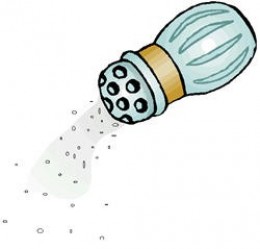
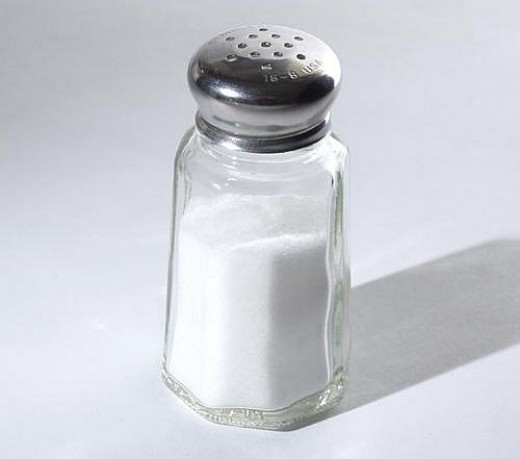
The title is more than just a rhyme in this hub, it's a lesson in healthy eating. I wanted to take a small moment and discuss something important here. This is all about taking care of ourselves. Salt certainly enhances our food, and adds to the taste as well. We all need some salt in our diet, but too much raises the risk of high blood pressure, heart disease, and other serious health problems. According to experts, virtually all Americans and others consume more sodium, primarily in the form of salt than they need.
Here are 12 ways to reduce your intake:
1) Eat more fresh foods than processed foods.
2) Try to cook at home where you can control the flow of salt on your foods.
3) Cut the salt in recipes to 1/4 to 1/2 the amount and be sure to taste the food before adding more salt.
4) Flavor your foods with herbs, and spices rather than salt.
5) Consider alternate choices to salt like garlic, oregano, basil, pepper, thyme, and sesame.
6) Lemon juice is another good alternative to using salt.
7) Limit your use of condiments that are heavy in salt or choose low salt versions. These versions include soy sauce, dips, ketchup, mustard, and relish.
8) Keep the salt shaker off of the kitchen table.
9) Always check nutrition facts labels when food shopping, and choose options low in sodium.
10) If buying canned foods such as vegetables or fish, then select those with no salt added.
11) When eating out ask that salt not to be added to your food, or order low sodium options if they are available.
12) Remember that salt is an acquired taste, and lower your intake gradually until having less salt becomes more natural for you.
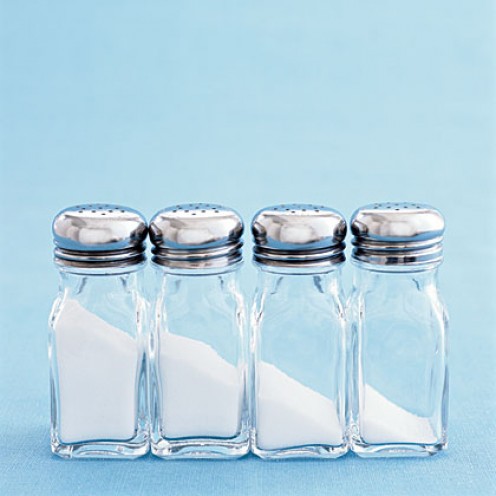
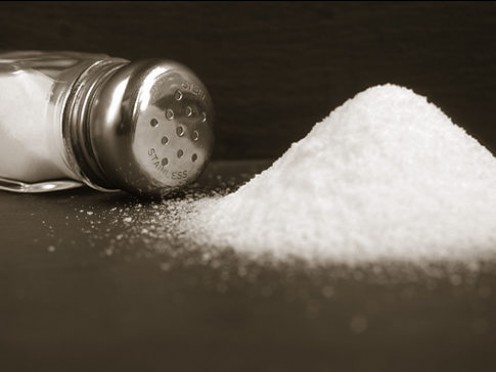
Until now it's not your fault if you haven't been taught how to halt the salt!
Do you plan on reducing your salt intake in the future?
Stay tuned for my next hub on "Why we cut our pickles in half"
